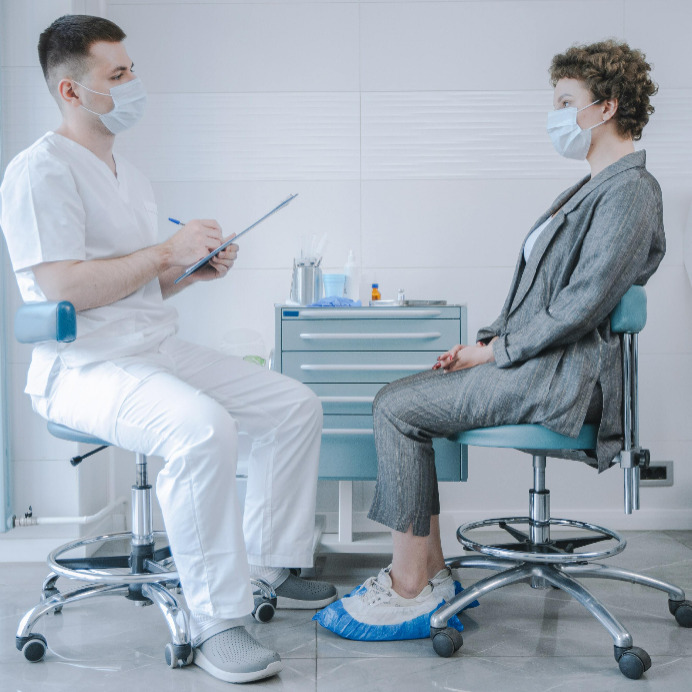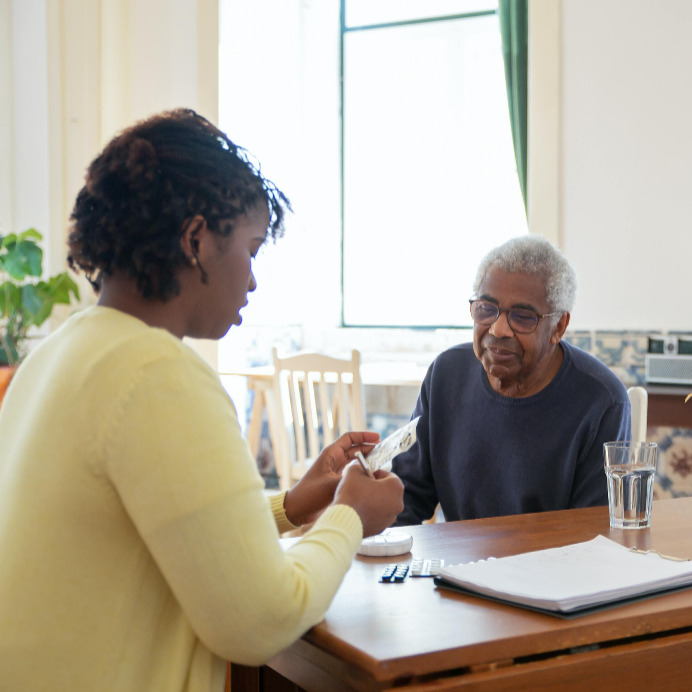By continuing to use our site, you consent to the processing of cookies, user data (location information, type and version of the OS, the type and version of the browser, the type of device and the resolution of its screen, the source of where the user came from, from which site or for what advertisement, language OS and Browser, which pages are opened and to which buttons the user presses, ip-address) for the purpose of site functioning, retargeting and statistical surveys and reviews. If you do not want your data to be processed, please leave the site.
The Voice of People With Breast Cancer
Education
Our Voices Blog
Ten Years: On the Unplanned Path of Early-Stage and Late-Stage Breast Cancer
Five years ago, I shared that I made it 5 years out from the day I was told “it’s breast cancer.” 6 months after that, I was diagnosed with stage 4 breast cancer. I was in the 30% of early-stage breast cancers that eventually becomes metastatic.
Research Highlights from the 2021 San Antonio Breast Cancer Symposium
This year top researchers, physicians, manufacturers, and patient advocates met in-person and virtually for the annual San Antonio Breast Cancer Symposium. Once again, this conference shared an abundance of new research on breast cancer from around the globe.
Our 10 Most Read 2021 Blogposts
2021 was the year of the patient voice and patient advocacy. Across Canada, we saw patients become more active participants on their healthcare team. Whether due to the current circumstances, because of personal interest, or because of unfortunate situations, patients are increasingly becoming involved in their care. This was also reflected in the blogpost that we published in 2021. Overall, we published 23 posts that came from breast cancer patients and their various experiences dealing with their diagnosis. It’s no wonder that so many of these stories were part of our top blogposts of 2021. Even the posts not written by breast cancer patients reflected empowering breast cancer patients to take charge of their health.
CBCN-in-Action: 2021 in Review
The Canadian Breast Cancer Network exists to ensure the best quality of life for all Canadians diagnosed with breast cancer. We do this by voicing the views and concerns of breast cancer patients through education and advocacy activities. We also work to ensure that what we undertake is: patient-centered, credible and promotes equity.
Support. How to Give it, How to Get it
I finally caught up on my television viewing and watched the Friends Reunion show and the first two episodes of And Just Like That… Through the nostalgia, out-loud belly laughs and floods of tears (there were tons of each), one thought dominated: this is what support looks like. Sure, it was just TV, but if I could feel the connection and love through my 29-inch screen, then so can other people. I’m pretty sure that’s why these shows resonate. Support is survival. I need it and you do too, especially when you’re living with cancer, overcoming it, in the healing process, in remission or even know someone going through breast cancer. Asking for what you need though can be tough. We’re hardwired to put on a brave face or listen to whatever other crap messaging we tell ourselves we need to do. And it’s never worth it. So instead of being an island, try one or all of these suggestions to give and to get the support you deserve.
COVID-19 and Breast Cancer: Patient Voices, Expert Knowledge
Our latest digital magazine COVID-19 and Breast Cancer: Patient Voices, Expert Knowledge approaches the ongoing COVID-19 pandemic from the perspective of breast cancer patients and provides credible information for breast cancer patients from healthcare professionals and experts.
Breast Cancer Treatments in Canada: Accessing Treatment and Funding for Treatments
Being diagnosed with breast cancer comes with many challenges and complications, accessing breast cancer drugs and funding for breast cancer drugs shouldn’t be one of them. Unfortunately, breast cancer patients across Canada do not always have access to the same breast cancer drugs. In the case where the same treatment is available in different provinces and territories, the funding for these drugs may not be the same across provinces and territories.
Questions and Experts Session Guide: A Medical Oncologist Answers Questions about Triple Negative Breast Cancer
A breast cancer diagnosis comes with so many questions and there never seems to be enough time at appointments to have some of these questions answered. To help address this, we developed a "Q&E: Questions and Experts" series. In this series, a variety of experts spend the entire virtual session answering pre-submitted and live questions from participants. Watching the videos on-demand might be a little difficult to get through. So, we’ve created this guide to help you get right to the questions and answers that matter the most to you.
I Screen, You Screen…But Can We Really Screen?
A little more than two months ago, I started having weird pains in my right breast. It’s a throbbing sensation that radiates from the right side of my breast all the way to my nipple and then beneath my breast. Sometimes it happens when my arm leans into my breast, other times when I move my entire arm and once in a while, from the impact of my bra resting against my breast. Touching the area with my hands only intensifies the pain and since I seem to have zero impulse control, I find myself pressing into these spots all the time to check if the pain is still there. It is.
Questions and Experts Session Guide: A Drug Access Navigator Answers Questions about Accessing Breast Cancer Drugs in Canada
In today’s post, we provide the questions that were sent in and asked during the live session of our Questions and Experts session held in October 2021. In this session, Michele MacDonald, RPhT, a Regulated Pharmacy Technician a Drug Access Navigator, answered questions about accessing breast cancer drugs in Canada. In the parentheses, you’ll find the timestamp of where to find the question in the on-demand video.













